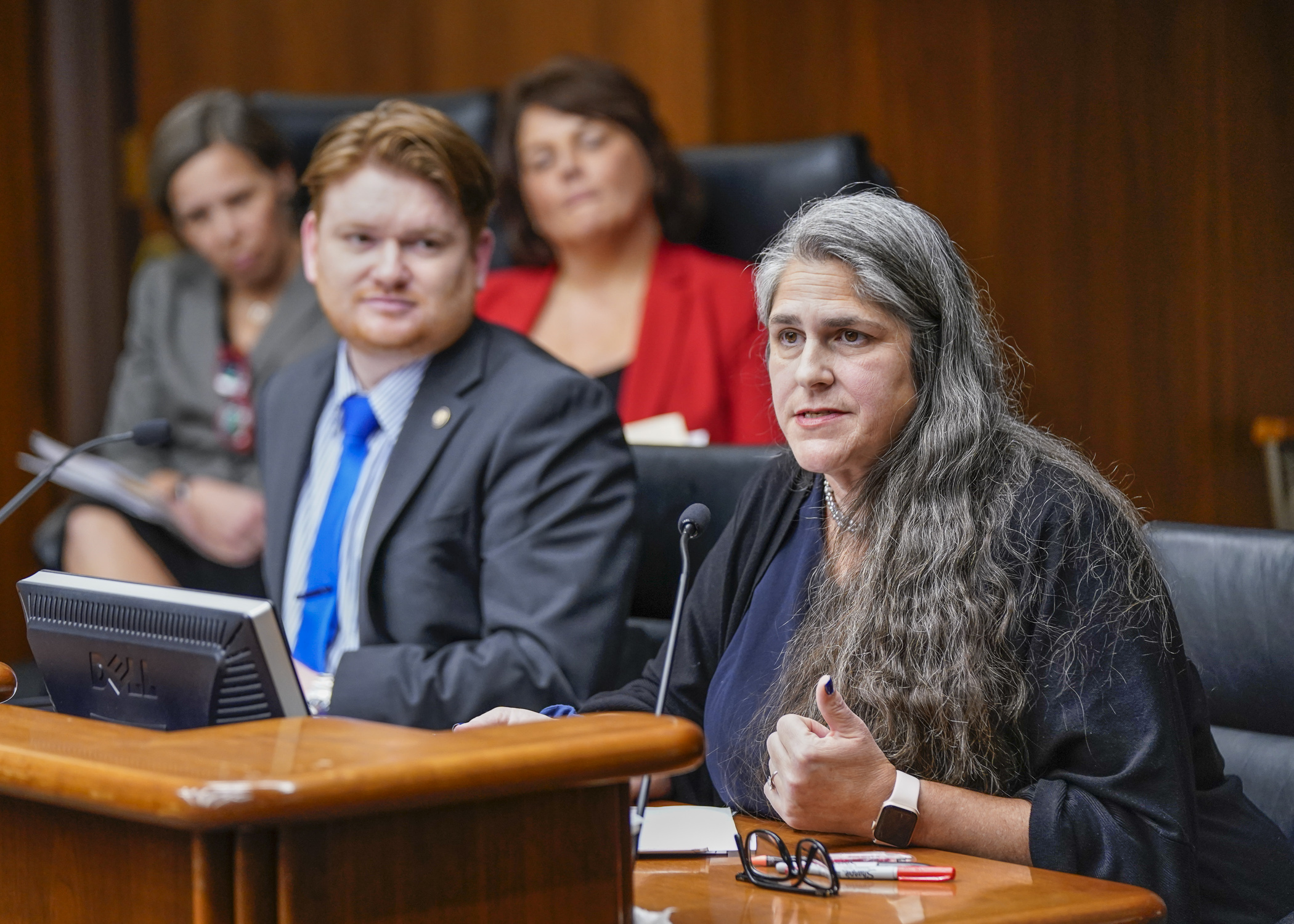More clean energy projects could tap into CERTs’ wisdom with funding boost

(CORRECTION: The original post had an incorrect current funding source for CERT)
REFILED March 7, 2023: To those of a certain age, say “Certs” and they think of a breath mint that was popular for generations. Kind of the Altoids of its era.
But CERTs is also a resource able to help Minnesota cities, utilities, schools, farmers, businesses, tribal nations and others determine how they can transition to cleaner energy sources.
It stands for Clean Energy Resource Teams, and, for 20 years, it’s been providing grants and guidance for those seeking to improve energy efficiency, and move toward solar energy, electric vehicles and using other renewable resources.
A partnership of the Commerce Department, University of Minnesota Extension, the nonprofit Great Plains Institute and the Southwest Regional Development Commission, CERTs has provided $1.6 million in grants to 467 such projects around Minnesota since 2006.
And now Rep. Andy Smith (DFL-Rochester) would like to double its funding.
He’s the sponsor of HF2032, which would allocate $500,000 each in fiscal years 2024 and 2025 from the General Fund, matching the $500,000 CERTs currently receives annually from the Commerce Department’s Conservation Improvement Program Research and Development Fund.
On Wednesday, the House Climate and Energy Finance and Policy Committee laid the bill over for possible omnibus bill inclusion.
“They work like a navigator connecting people to resources and information they need to advance renewable energy projects around Minnesota,” Smith said. “This would go toward staffing full-time positions in each of its seven Minnesota regions.”
“We’re not evangelists,” said Metropolitan CERT Director Diana McKeown. “We’re not trying to convince people to do clean energy that don’t want to. We are there to help them if they want to.”
Rep. Chris Swedzinski (R-Ghent) wanted to know how many projects wouldn’t have happened if not for CERTs. McKeown said that’s difficult to gauge because a lot of what they do involves connecting one community with another that’s undertaken a similar project.
“Especially in Greater Minnesota, we are getting inundated with requests to help understand the opportunities that are out there for communities,” McKeown said. “Whether it’s a city, a county, a business, a business association, we’re getting all kinds of questions and requests to speak, share information and help people.”
Rep. Lucy Rehm (DFL-Chanhassen) spoke in support of the bill.
“I know there’s a lot of people interested in transitioning,” she said. “They want to know how to install a heat pump, replace their gas stoves or gas water heaters, and I think this is the connecting glue.”
Related Articles
Search Session Daily
Advanced Search OptionsPriority Dailies
Speaker Emerita Melissa Hortman, husband killed in attack
By HPIS Staff House Speaker Emerita Melissa Hortman (DFL-Brooklyn Park) and her husband, Mark, were fatally shot in their home early Saturday morning.
Gov. Tim Walz announced the news dur...
House Speaker Emerita Melissa Hortman (DFL-Brooklyn Park) and her husband, Mark, were fatally shot in their home early Saturday morning.
Gov. Tim Walz announced the news dur...
Lawmakers deliver budget bills to governor's desk in one-day special session
By Mike Cook About that talk of needing all 21 hours left in a legislative day to complete a special session?
House members were more than up to the challenge Monday. Beginning at 10 a.m...
About that talk of needing all 21 hours left in a legislative day to complete a special session?
House members were more than up to the challenge Monday. Beginning at 10 a.m...